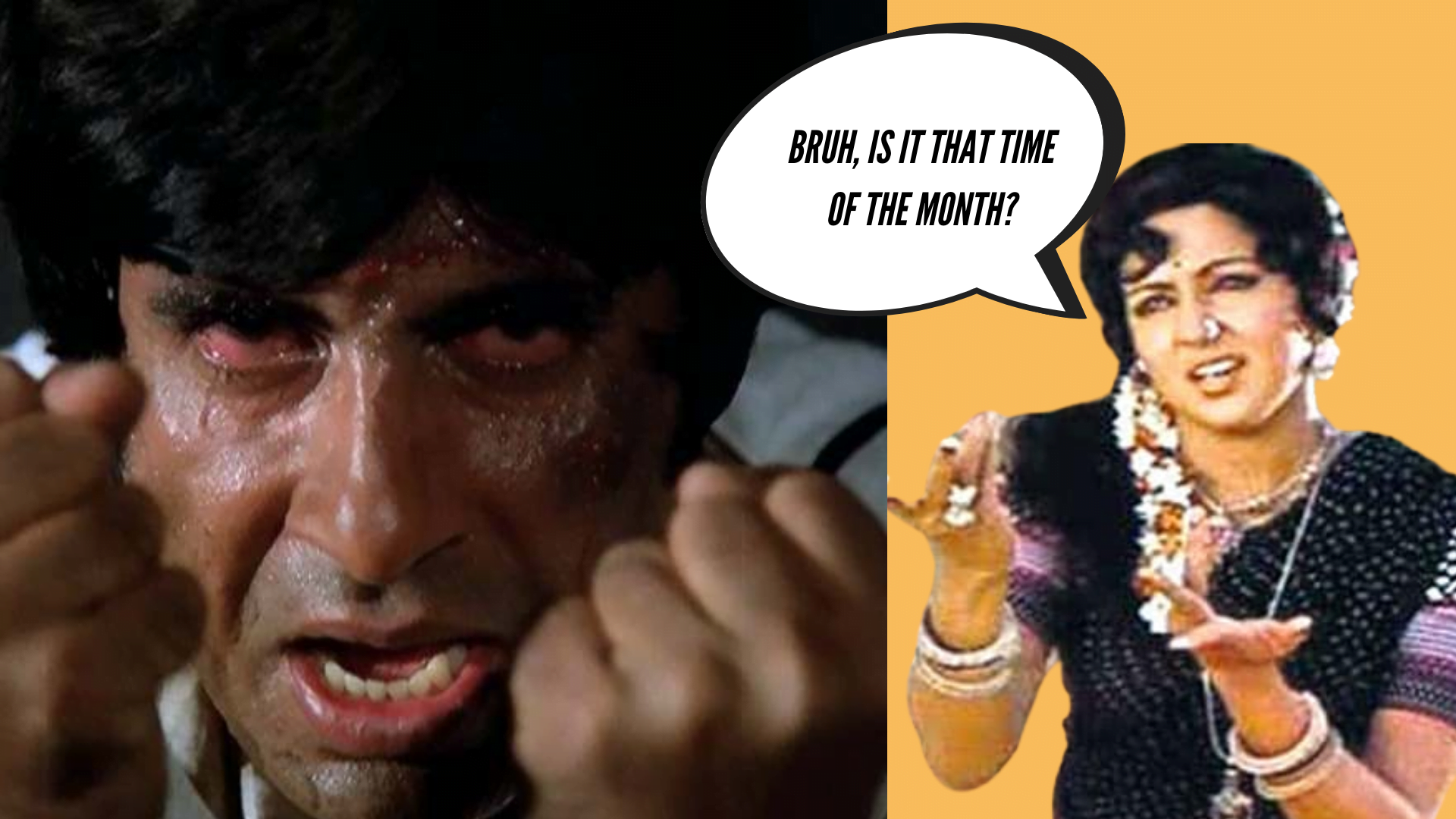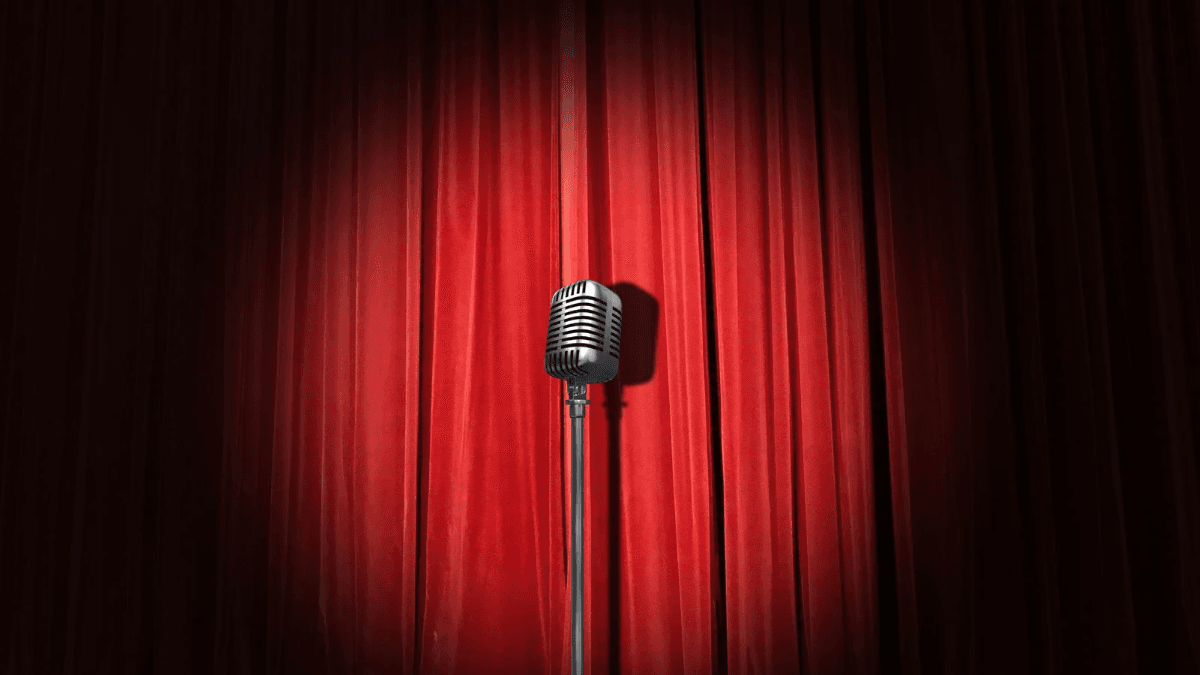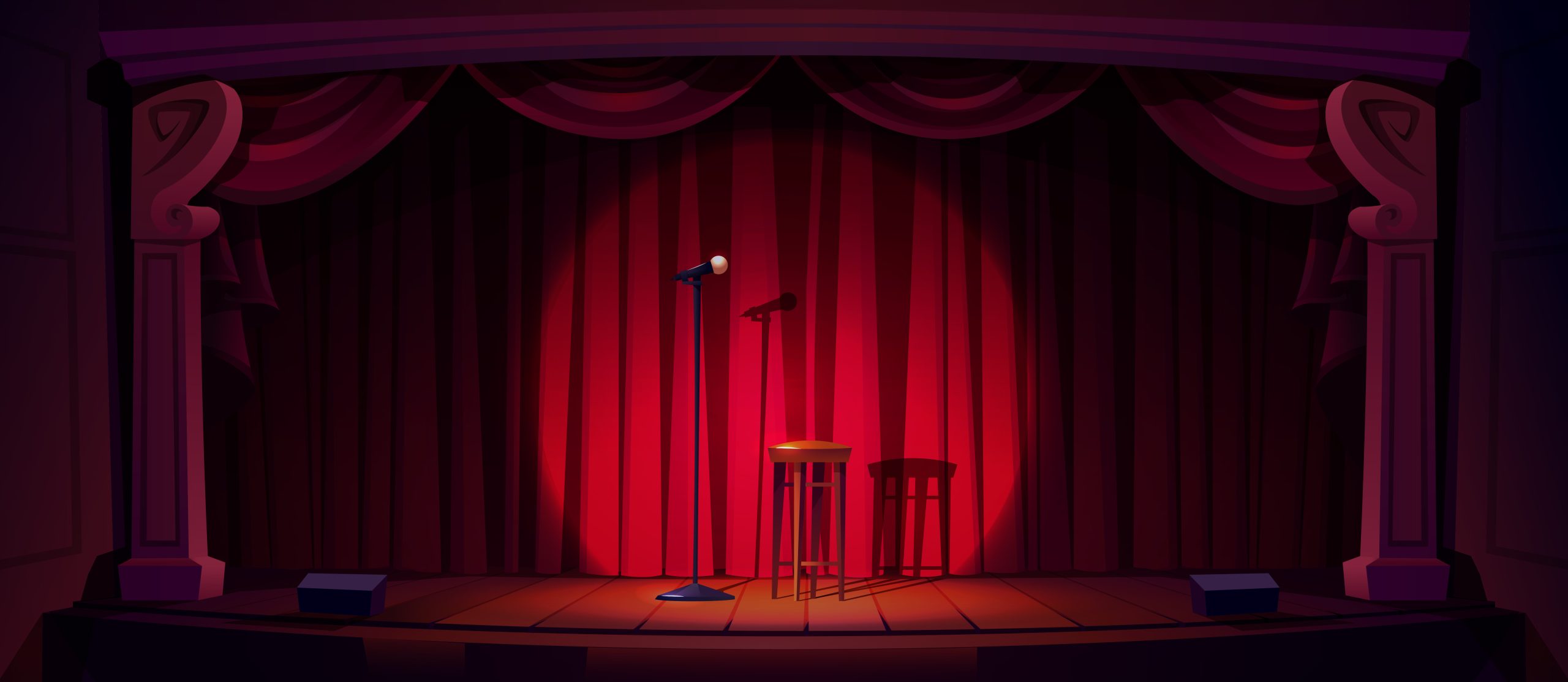It is that day of the month again, and it made me think about how difficult it is to manage periods alongside everything else in our lives. On the inside, our body deals with cramps, periods and in some cases, pregnancies too, as we go about our daily lives (Thanks to our patriarchal upbringing, women are made to feel guilty for not performing chores for everybody in the house). On the outside, our bodies are subject to the male gaze and the incisive eyes of the neighbourhood aunties.
Reflecting on my experience as a cisgender woman, I began to think of how life would be if only cisgender men had periods and how it would impact the conversation on periods in society, especially within our homes. For starters, there would be an actual, open conversation about periods! That itself would be a massive step towards ending the taboo on menstruation.
The experiences of cisgender women, trans men, nonbinary and intersex people concerning periods are different, and I must acknowledge at the onset itself that as a cisgender woman coming from a particular caste, class and religion, I enjoy certain privileges, and I live a more comfortable life. Perhaps periods may not even be of immediate concern to my friends who identify as trans men, nonbinary or intersex people because there may be other issues that affect them more deeply. Yet, I believe it is crucial to address the taboo on menstruation using inclusive language.
I recently switched from disposable, non-biodegradable sanitary napkins to cotton pads because I found the latter more comfortable and skin-friendly. Of course, it is more environmentally sustainable and a healthier option too. However, I now dread winter because it takes longer for the cotton pads to dry. If only cisgender men had periods, to start with, perhaps the taboos around sanitary napkins would become mundane in our homes, workplaces and public transports.
Also read: Feminist Memes – Subverting Patriarchy With Humour!
Discrimination causes an assault on our self-esteem, at times leaving our spirits scarred. I cannot even begin to fathom the experiences of trans men and intersex people who are subject to social exclusion, stigma and routine humiliation just because they don’t fit in the conventional idea of ‘normal’. Add to it the variables of caste, class and religion, and the degree of marginalisation will multiply manifold. Reflecting on my experience as a cisgender woman, I began to think of how life would be if only cisgender men had periods and how it would impact the conversation on periods in society, especially within our homes. For starters, there would be an actual, open conversation about periods! That itself would be a massive step towards ending the taboo on menstruation.
For a minute, imagine how the dynamics of a heteronormative family would change if only cisgender men had periods. It would mean that your father, your uncle, your brother and your male friends would have something in common which you do not share. If the gender roles that exist today and the expectations that arise out of them stayed the same, perhaps there would not have been so much stigma and secrecy surrounding periods.
In popular Ekta Kapoor serials, women of the household would be seen neatly laying the clothes for their husbands to wear to the office, along with a sanitary napkin kept folded with a motivational message for the day- “You can do it, sweetie! Only two more days left.” Fathers would educate their sons about menstruation and share that their periods marked the onset of a new phase in their lives, when all boys would realise they were much “stronger” than they had been told.
Soon, they would be managing office work, sports, travel, and everything else while bleeding. Perhaps epics would have been written on male warriors who fought relentlessly for days and weeks while they were on their periods. Mothers would educate their daughters to “cooperate” with their brothers when it is “that” time of the month, as their brothers might get slightly irritated due to Premenstrual syndrome (PMS). Perhaps the phrase “that time of the month” would not be used and instead “periods” would become a commonly used word in households.
In families where gender discrimination is already practised, perhaps boys would be pampered more at home by getting extra ghee or butter in their food or getting their favourite snacks cooked by their mother or sister. They might be encouraged to take cabs rather than public transport to college. Who knows? Teachers could be extra sensitive to boys whenever they notice a change in their behaviour. There could be a plethora of counselling sessions, workshops, etc., for girls to learn about periods and how the male body works to break the stigma around menstruation.
If only cisgender men had periods, perhaps such a stigma would not exist in the first place. Members of the school’s Parent-Teacher Association might encourage the institution to keep sanitary napkins in the washrooms. Perhaps sanitary napkins would become as common as ordinary tissue paper, which is generously available in cafeterias. Uncles might sympathetically share their period stories during long bus rides about how they managed a 9-hour shift on a day of heavy flow; sympathetic glances would be exchanged.
Societal attitude towards periods would undergo a drastic change if cisgender men got periods. Periods would no longer be considered polluting. Otherwise, who would perform the puja in the household during those five days of the week? Perhaps elaborate rituals would still be performed to celebrate the onset of menstruation, and maybe there would be no shame attached to periods anymore. Every metro station, bus stand and public washroom would have sanitary napkin vending machines installed. I do not think that all cisgender men would have gotten the same care and attention, as discrimination based on caste, class, gender, religion, etc., is rife in our society. Not to mention, children are subject to bullying in various forms at the school level, which sometimes continues until college. Given how boys engage in physical fights at school, it can get particularly challenging for those who are subject to bullying and harassment while they are on their periods.
Perhaps innovations in technology would target cisgender men to make their periods a smooth and painless experience. Car seats could be made stain-proof, along with chairs and sofas in public places. Face wash brands would, as usual, focus on removing pimples and other skin “problems” that emerge due to hormonal changes at the onset of the menstrual cycle. It would be nicer if such changes in the skin are no longer treated as “problems” but a part of a natural process. However, in the current capitalist system, everyone is on the radar of the advertising industry, and any insecurity provides them with a golden opportunity to profit. The packaging of sanitary napkins could be made more appealing to boys by using images of action heroes and cars. The black polybags would have been discarded a long time ago.
It would have been interesting to see the government’s response to cisgender men’s biological processes and whether there would have been legislation explicitly targeting them to make their lives hassle-free on those five days of their lives. Given that cisgender men overly represent our parliaments, I do not think this would have been unusual. There has been renewed discussion about granting period leave after a food delivery start-up introduced a period leave policy. I wonder how our patriarchal society would have responded to it if only cisgender men were to benefit from it.
Patriarchy allows cisgender men to express their grievances, frustrations, wishes and aspirations, and it enables them to pursue their dreams with relative ease on account of their gender identity. In contrast, others in the gender spectrum do not get a fair chance in their lives just because they are born in a particular way!
Gender discrimination impacts everyone across the gender spectrum. Expectations arising from our gender role can weigh us down and directly affect our mental, emotional and physical health. However, patriarchy allows cisgender men to express their grievances, frustrations, wishes and aspirations, and it enables them to pursue their dreams with relative ease on account of their gender identity. In contrast, others in the gender spectrum do not get a fair chance in their lives just because they are born in a particular way! Menstruation is a natural process that needs to be accepted and discussed by society. It is essential to focus on menstrual hygiene because it has vast health implications.
Also read: (Re)Making The Man: Masculinity In Hindi Cinema Of The 2010s
According to the National Family Health Survey 2015-2016, only 36 per cent of women have access to sanitary napkins. There is a lack of awareness about the fact that many trans men, nonbinary and intersex people also menstruate. Poor menstrual hygiene is a cause of significant concern as it can cause cervical cancer, urinary tract infections, hepatitis B infection, among other diseases. Everyone has a right to live with dignity, and it is time that we stop whispering about these critical health and social issues and start discussing constructive ways to end the stigma around periods. The pandemic has forced entire families to stay at home. In such a time, one must shudder at the thought of how cisgender women, transmen and intersex people must be managing their periods in densely packed houses with no toilets.





Need more thought provoking articles like these! This conversation has to be in the spotlight.
Thank you Kriti! I agree that we need to lead the conversation on this issue and take it to the households in both urban and rural areas. Most importantly we need to attend to the menstrual hygiene needs which includes access to sanitary napkins and washrooms; we also need to include more men in this conversation.
As a male I want to support feminism what can I do on my part so that I don’t fail on my part ? Ima big lover of matriarchy.
Ravishing article. It seemed like an empathy building exercise to imagine all the scenarios you had mentioned. Well articulated. Inspired !?
thoughtful article